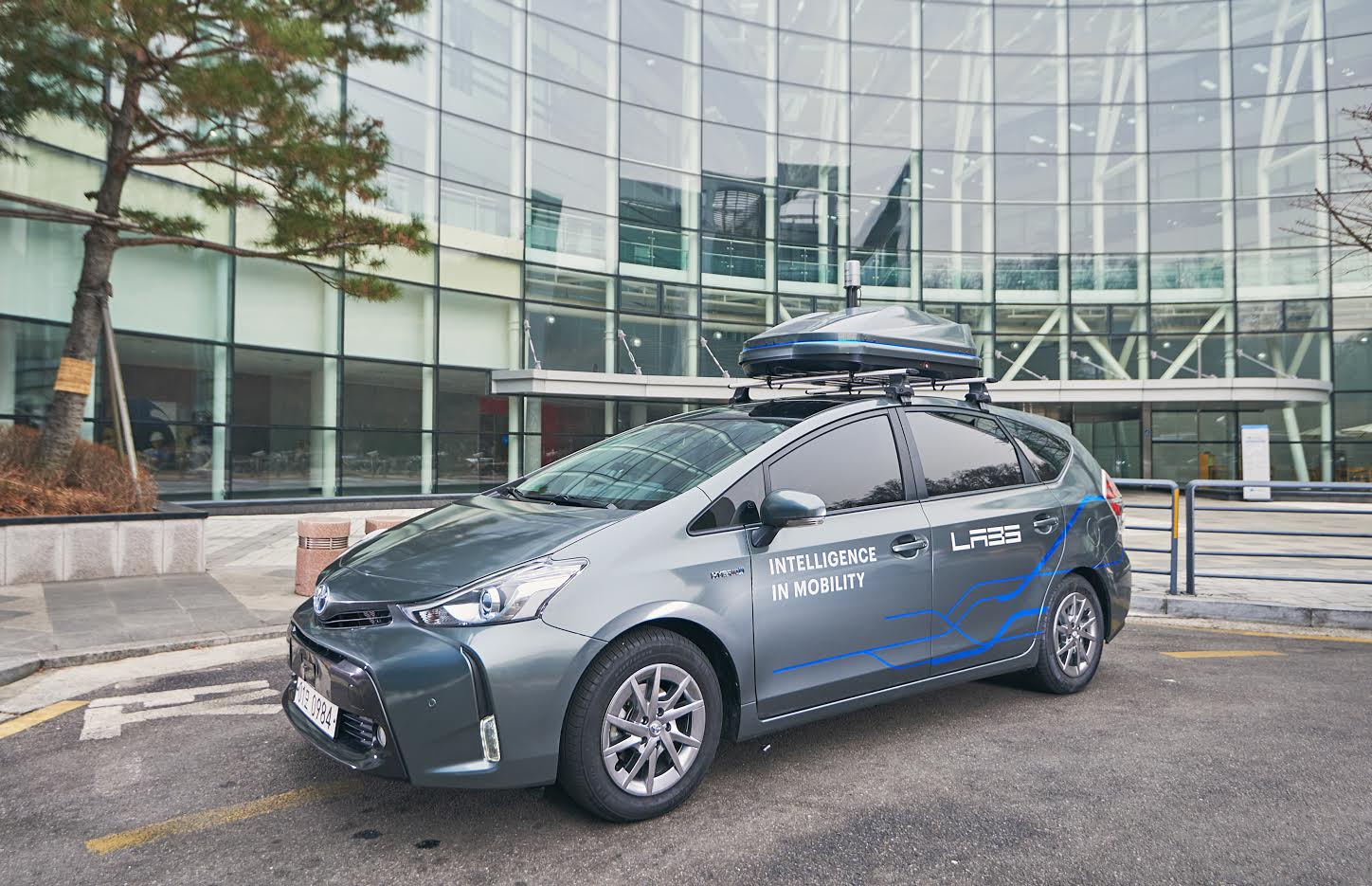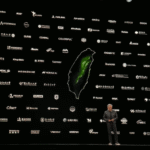
Naver Labs is initiating its autonomous driving vehicle tests on the road. Naver Labs, which spun off from Naver as an independent corporate entity last month, has received temporary permission for autonomous driving from the Ministry of Transport. Naver Lab’s autonomous driving technology, first revealed by Naver in DEVIEW2016 last year, is now regarded safe enough to be tested on the road. There have been 8 cases of temporary permission granted for autonomous driving in Korea, and Naver Labs is the first IT company to receive such permission.
Naver Labs aims to improve its autonomous driving quality by analyzing data collected from the road. The company has formed a mobility team to research on autonomous driving and Advanced Driver Assistance Systems (ADAS) to improve future mobility and road surroundings informatization.
Naver Labs CEO Song ChangHyeon said, “there are limits on developing autonomous driving technology solely based on simulations, and it is critical to collect real data sets and test autonomous driving on the road. This will accelerate our research progress. We will continue to research on the new forms of transportation and on safer and more comfortable driving environment.”
Naver Labs is focused on future technology research based on ambient intelligence such as autonomous driving and robotics. The company has been collaborating with many companies to form a new mobility ecosystem and the company plans to expand the team by hiring talents with relevant technical expertise.
Naver Labs competes against top IT and automobile companies.
Competitor Landscape
Google has been working on its driverless autonomous driving vehicle projects since 2009. Qualcomm and NVIDIA are also investing heavily into the autonomous driving and electric vehicle technology. Qualcomm has presented “Halo”, a wireless charging technology, and successfully applied it to the BMW I8. Furthermore, Qualcomm has been expanding its business by presenting “Snapdragon 820” for cars at Consumer Technology Association. Similarly, NVIDIA is expanding its business towards automobile and introduced “Drive PX2”, a supercomputer for cars. In addition, LG Electronics, Samsung Electronics, Uber and Baidu are among other competitors in the autonomous driving vehicle market.
In particular, Uber has heavily invested in the autonomous driving technology. It has provided funds for driverless vehicle research projects at Carnegie Mellon University and also hired researchers from the university to work on their own research. Uber has been working on driverless vehicles when the company realized that there is no sufficient number of drivers to match the number of customers. Chinese search engine company Baidu is also developing autonomous driving vehicles. However, unlike Google, it is expected to advance its business in the field of public transportation. Tesla, having shaken automobile industry with its electric cars, has also announced that it will develop autonomous driving vehicles.
source : techforkorea




![[BLT칼럼] 아이온큐가 특허로 '기술 신뢰도'를 쌓은 법 : 양자컴퓨팅 시대, IP 전략 제시 8ee48ae3a3a11](https://platum.kr/wp-content/uploads/2025/10/8ee48ae3a3a11-150x150.png)

Leave a Comment